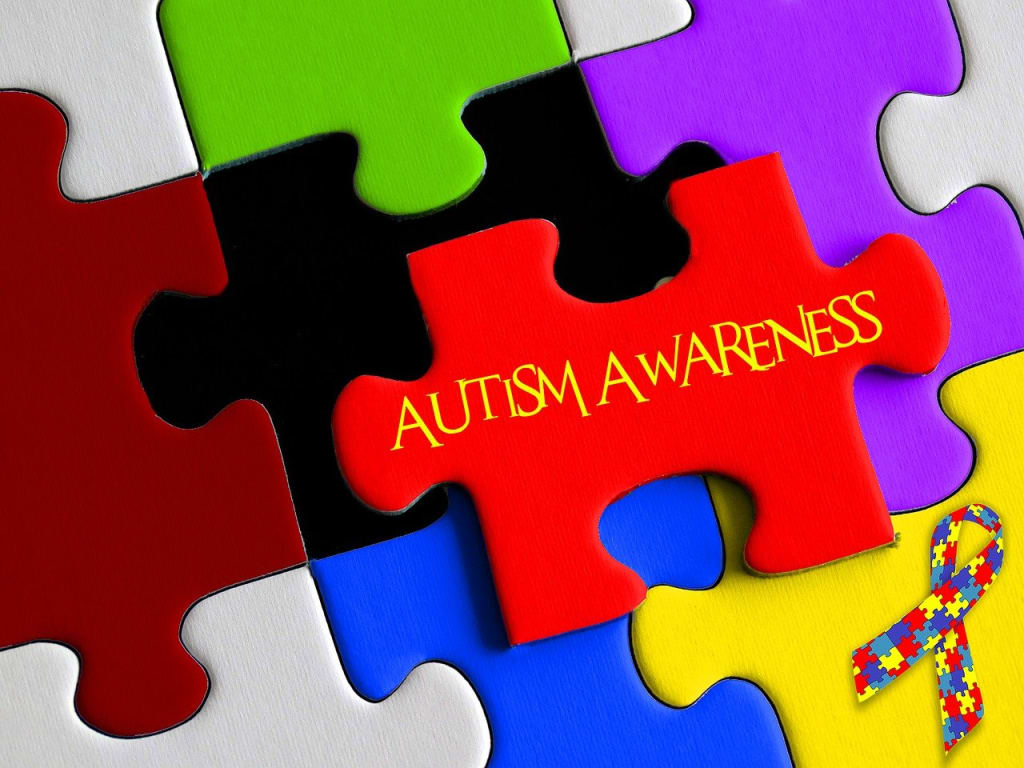Unveiling the Complexity of Autism Behavior: Nurturing the Unique Needs of Children with Autism
Increasing Development, Inclusion, and Support for Kids with Autism Spectrum Disorder

It's essential to comprehend how autistic children behave in order to support them effectively and promote inclusivity. Behavior, social interaction, and communication are all impacted by the neurological disorder autism. Each autistic child has unique needs, thus a sympathetic and informed approach is required. This article examines the subtleties of autistic behavior and offers suggestions for addressing the special requirements of autistic kids. People can encourage these kids' healthy growth and development by understanding their behavior.
Autism Spectrum Disorder (ASD): An Understanding
A complicated developmental condition that affects social interaction, speech, and behavior is known as autism spectrum disorder (ASD). Understanding ASD is crucial for delivering appropriate support because each person with the illness manifests in a different way. Understanding the complexity of ASD allows people to put techniques into practice that will encourage communication, social connection, and the control of repetitive behaviors.
Identifying Special Needs
Meeting the particular requirements of each kid requires a grasp of the wide variety of autistic behavior. Common prerequisites include effective means of communication, sensory assistance, controlled environments, and a clear grasp of their condition. By recognizing these requirements, caregivers can offer specialized assistance that fosters development, improves communication, lessens sensory difficulties, and encourages general well-being.
Communications Techniques
The assistance of autistic children depends on the development of appropriate communication techniques. Meaningful interactions that are suited to each child's preferences and skills can be facilitated by the use of visual aids, social stories, assistive communication tools, and alternative communication techniques.
Environmental Support and Sensory Sensitivities
Autism frequently includes sensory sensitivity, which need proper identification and management. Children with autism benefit from a supportive setting that is quiet and predictable, offers sensory-friendly resources, and addresses sensory triggers.
Fostering social interaction and skills
For autistic children, who frequently struggle with social engagement, encouraging social skills is crucial. Their capacity to form connections and negotiate social circumstances can be improved by social skills training, peer modeling, and structured play activities.
Making a Structured Schedule
Setting up a schedule is essential for controlling behavior and fostering stability. Children with autism can anticipate activities, transitions, and chores thanks to a consistent schedule and visual supports, which promotes familiarity and comfort.
Education and Training for Caregiver
Providing the best support requires educating caregivers about autism. Personalized treatments can be carried out by carers with the help of training programs that encompass behavior management, effective communication, and establishing inclusive environments.
Supportive Technologies for Assisting
Autism sufferers benefit from assistive technologies like communication applications and sensory aids. These technologies offer different ways to express oneself, sensory control, and individualized support.
Individualized instruction and inclusive education
With personalized learning programs catered to their strengths and challenges, inclusive education guarantees that children with autism have equal chances. Collaboration between academics and other professionals fosters positive learning environments and excellent learning outcomes.
Techniques for Emotional Regulation
Children with autism can learn emotional regulation skills, such as deep breathing exercises and visual aids, which help them control their emotions and enhance emotional wellbeing.
Promoting self-reliance and life skills
Children with autism are empowered when independence and life skills development are encouraged. Daily life skills-oriented activities boost self-reliance, self-esteem, and a sense of accomplishment.
Creating a Support System
Building a solid support system offers autistic children and their families crucial guidance and emotional support. Resilience and a sense of belonging are fostered through involvement in autism organizations and support groups.
Promoting understanding and acceptance of autism
In order to dispel myths, advance comprehension, and build an inclusive culture that honors people with autism, advocacy work is crucial.
Promoting psychological health and well-being
For autistic children, putting mental health care, counseling, and treatments first improves their general wellbeing and quality of life by assisting them in navigating problems and acquiring coping skills.
Conclusion
For the right kind of support to be given, it is essential to comprehend the needs of children with autism. People may foster their growth and development by recognizing their particular needs and putting targeted interventions in place. A more inclusive society where autistic children can thrive is made possible through effective communication techniques, friendly surroundings, inclusive practices, caregiver education, assistive technologies, and a strong support network.
A reliable and beneficial website called Autism Speaks provides resources about autism as well as details on spreading awareness of the disorder and supporting autistic persons as well as their families. The URL of their website is autism speaks.
About the Creator
Kithsiri Chandralal
I am Kithsiri Chandralal, a Sci-Fi Novel writer and a dedicated martial artist. Writing articles. Through my articles, I explores a wide array of subjects, sharing knowledge and insights with readers.






Comments
There are no comments for this story
Be the first to respond and start the conversation.